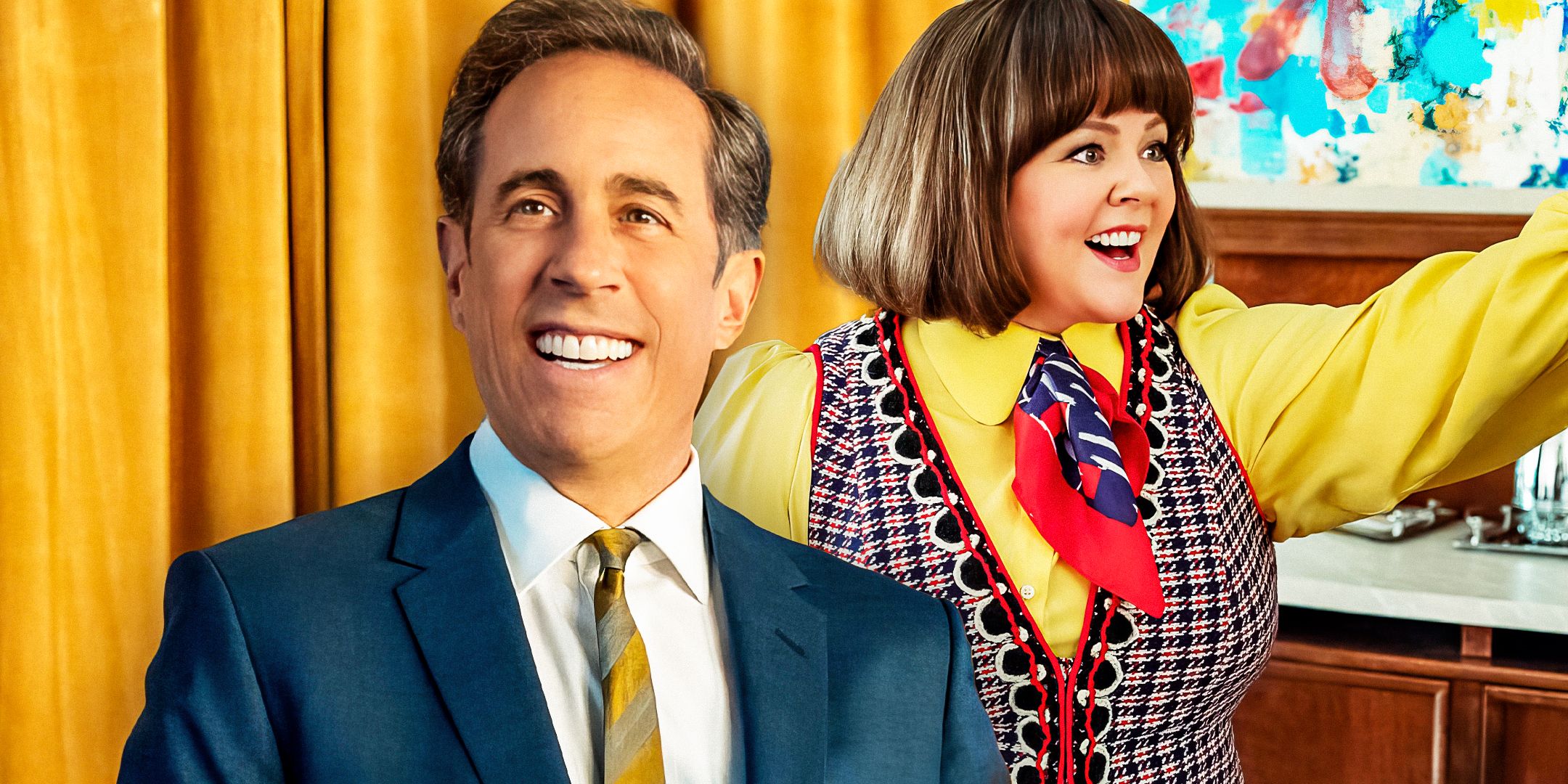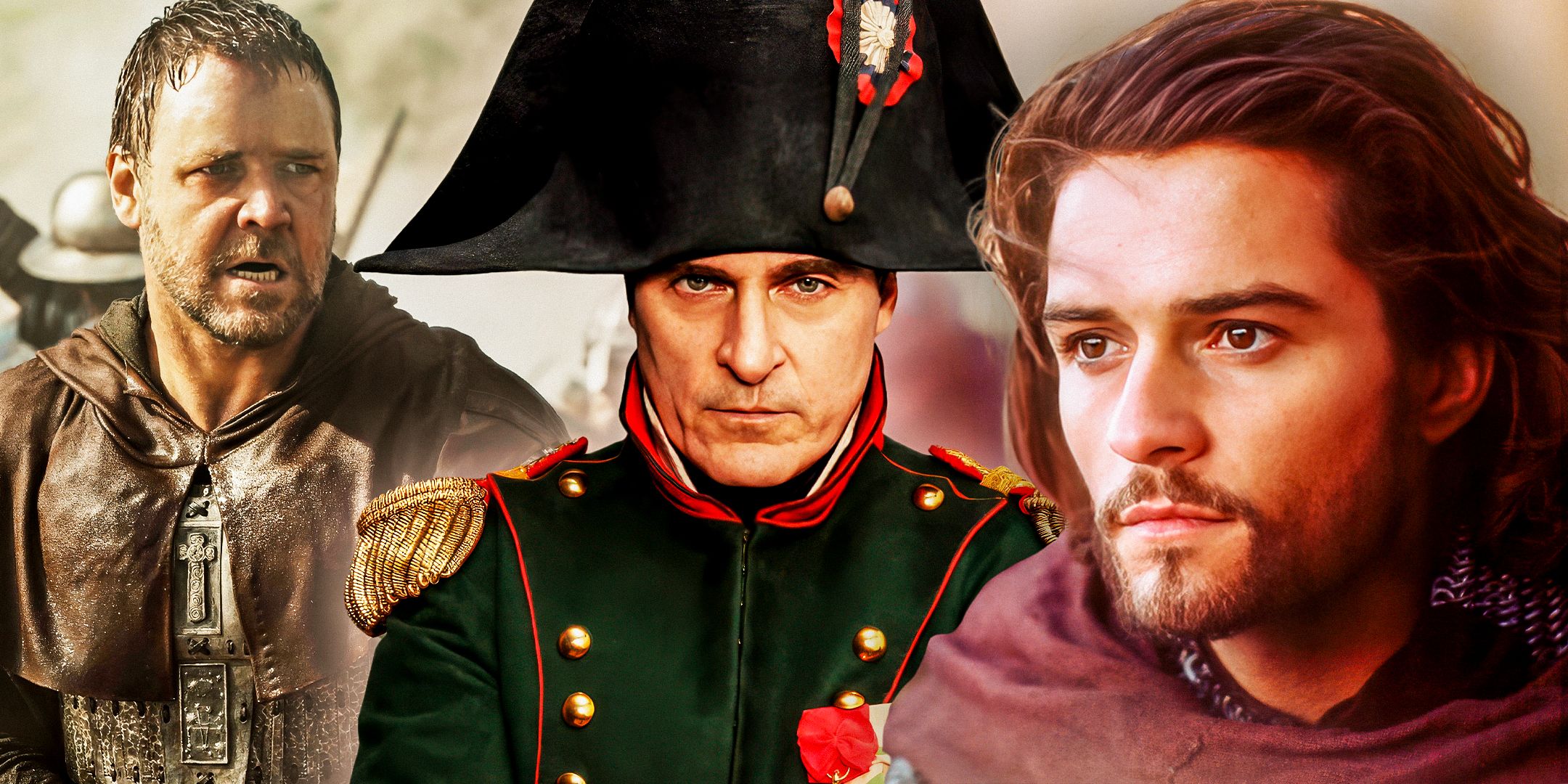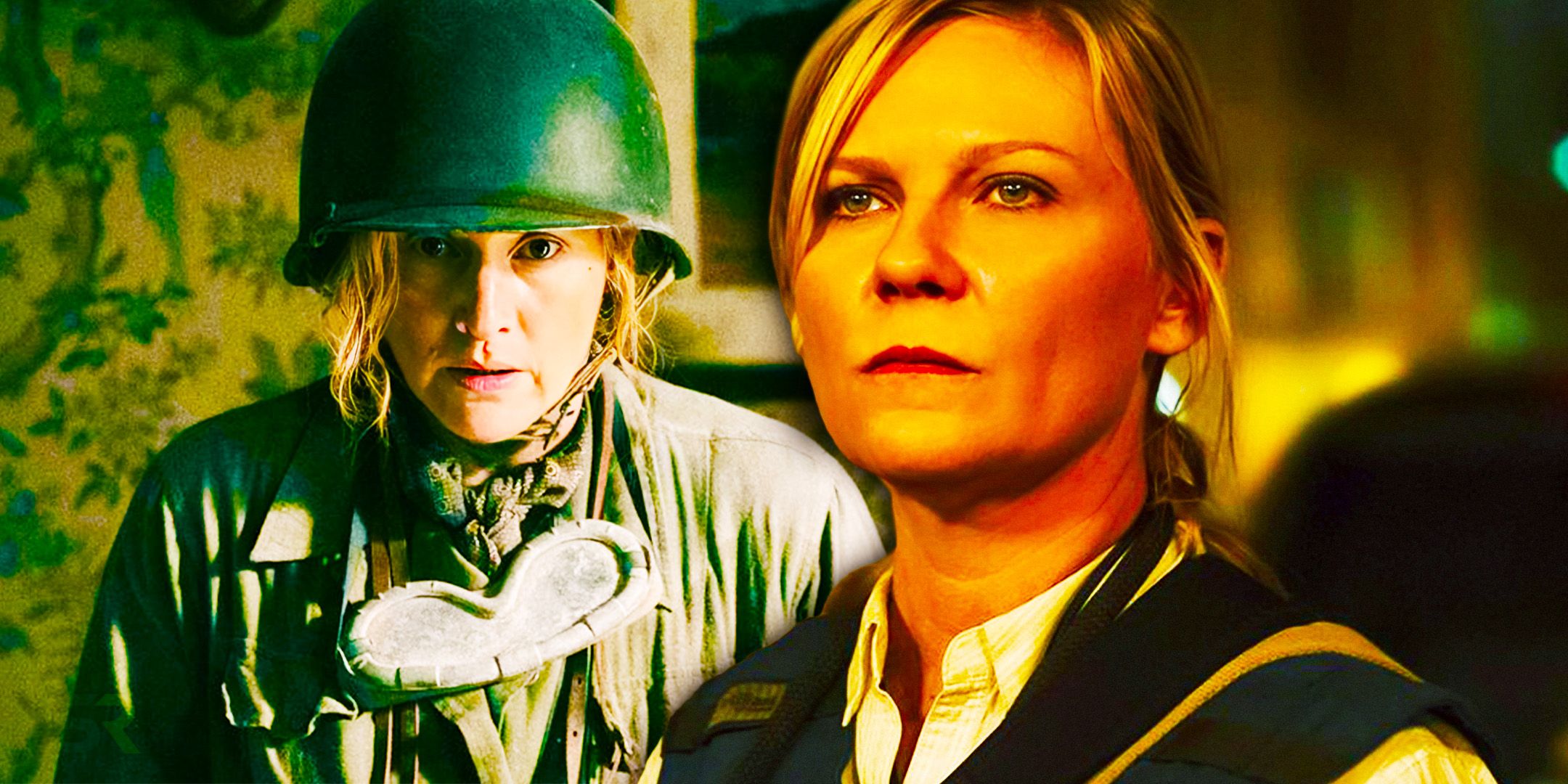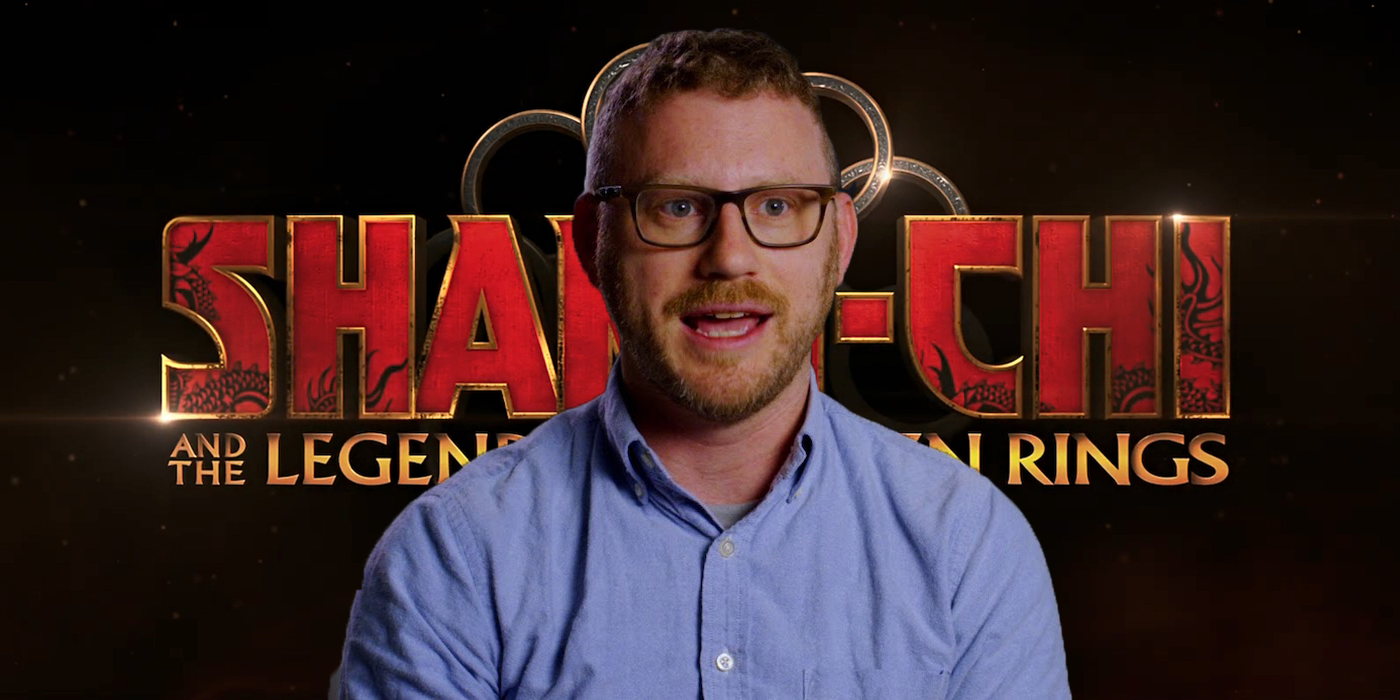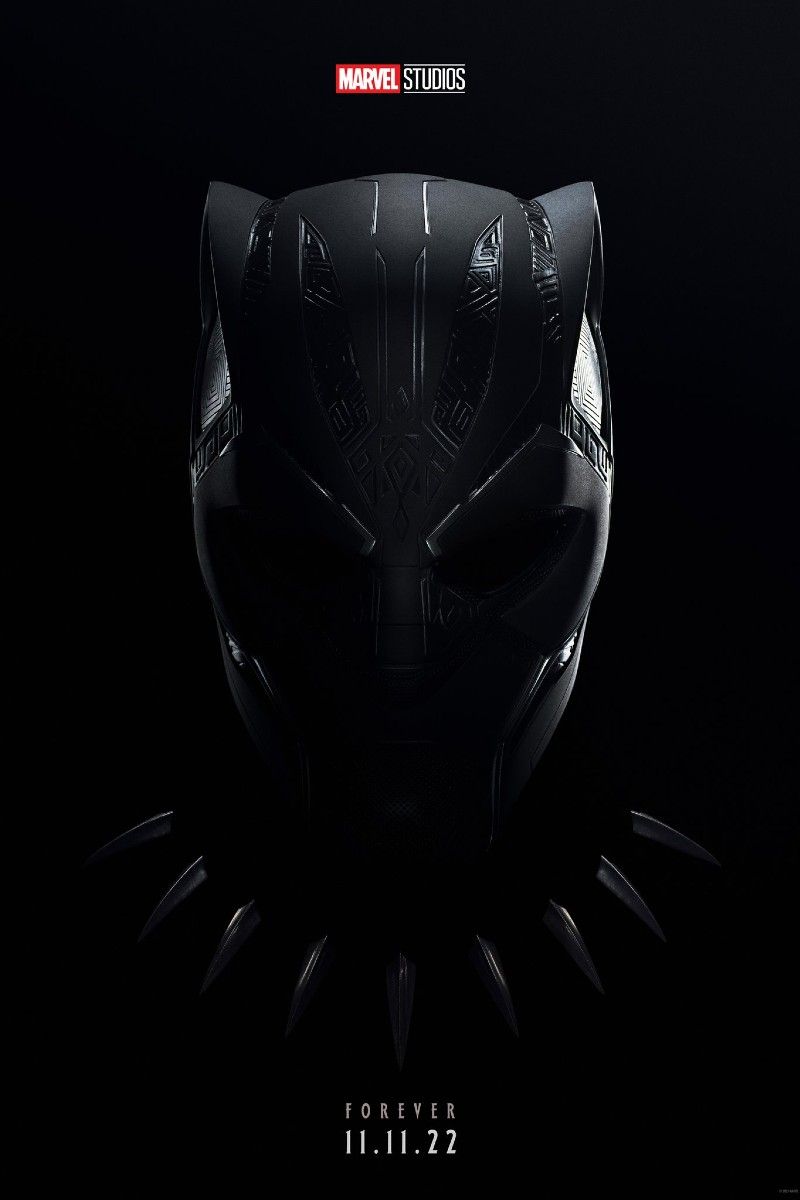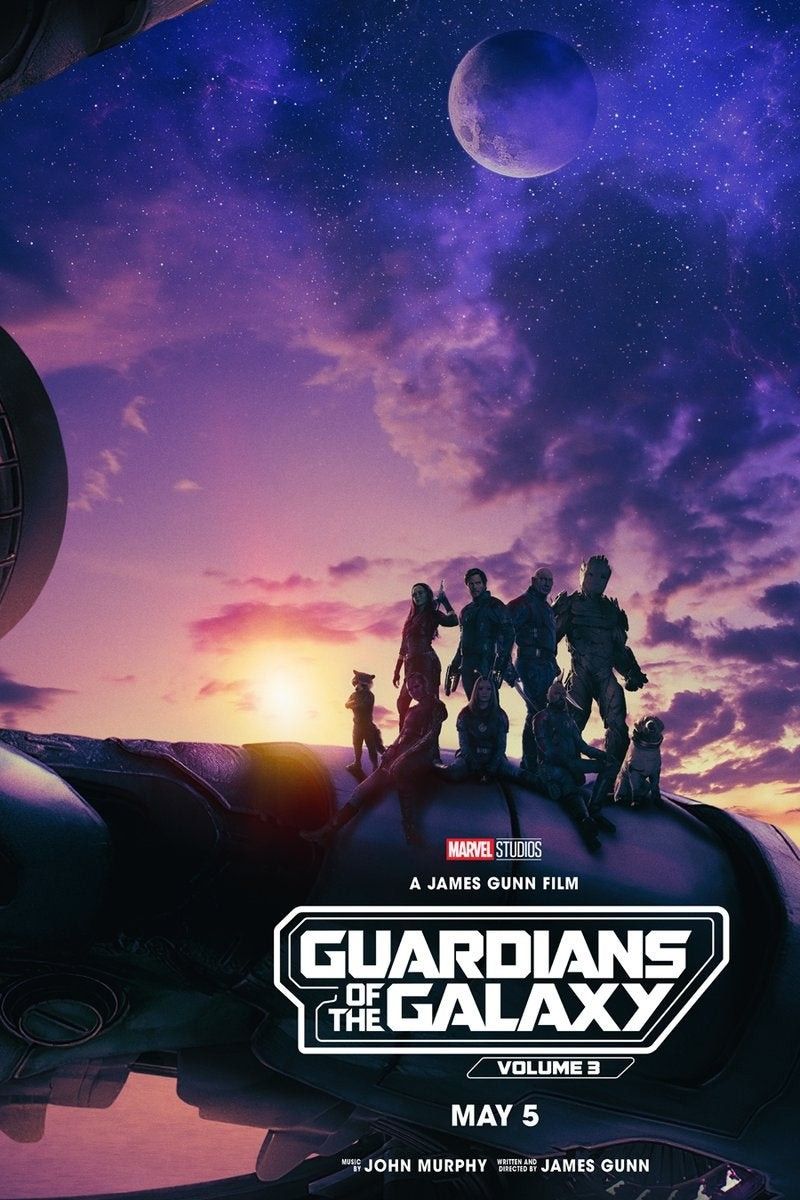Marvel's Shang-Chi and the Legend of the Ten Rings is just around the corner, and it promises to bring something brand-new to the MCU. Not only does it bring a martial arts focus to the MCU for the first time on the big screen, it also connects to and sets up the wider universe in a big way. Of course, it's also the first all-Asian cast Marvel has ever fielded, a breakthrough first. But Marvel knows exactly what they have with this movie and, judging from the excellent reviews, they're right to.
Screen Rant sat down with producer Jonathan Schwartz to discuss how telling a great story is the first part of true representation, why Simu Liu has that certain thing about him that makes him a budding star, the magic of seeing Michelle Yeoh and Tony Leung work, salvaging the Mandarin's reputation, and more.
So much has been made about how Shang-Chi is going to do for the Asian and Asian-American audience and diaspora what Black Panther did for Black Americans and African-Americans. What does it feel like to even just be like a part of something like that and bringing it to life?
Jonathan Schwartz: It's great to be a part of that conversation. I think our primary goal in making this movie was just to make a cool movie that people enjoyed and that still had an almost entirely Asian and Asian-American cast, which is awesome. In the back of our minds, I think we hope that this does something positive for the culture, we hope this moves the conversation about representation forward, but all of that would be for nothing if people didn't like the movie. So we really tried to not be part of that conversation and just to make a movie as cool as it could possibly be.
You do see these movies where it seems like the studio is just trying to check things off on a box, but it ends up falling apart because as you said, if the story isn't good, then it's kind of just lip service.
Jonathan Schwartz: Yeah, and it was certainly something we had to be conscious of, and we had to be conscious of stereotypes, and then stereotypes about martial arts and Asian and Asian-Americans and certain problematic elements from the comics. Like there were a lot of... There was a lot to be aware of there, and so we couldn't ignore it. But again, like mission one was, make a cool, big, fun movie, and that is enough.
Simu Liu has such charisma and charm. I imagine it was a lengthy casting process to find the right guy. What were those intangibles that Simu brought to the table that made you go, "This is the guy," versus anybody else?
Jonathan Schwartz: There was a search for him, and I think what was so great about Simu, and why we kept going back to his read and why Sarah Finn very smartly as she does, kept directing us toward it, was Simu kinda has that thing. He is charismatic, he does feel special. He has sort of a star quality, but he also feels really relatable, and funny, and down to earth, and I think that's part of what makes him Shang-Chi. Like Shang-Chi when we meet him is just a regular guy as far as the movie is concerned, and I think that element is part of what made Simu really right for it. Like he feels like someone you can really relate to, but also has all of these hidden depths and hidden qualities.
Is there anything about his performance – or even just the movie in general - that when you watched the final cut, you just thought, "Wow, this is even better than I thought it was going to be?"
Jonathan Schwartz: I love Simu as an actor, and I think everyone came in believing in him quite a bit, and just to see his kind of banter and relationship with Katy come to life, I think was part of the most fun part of it all. The way that him and Awkwafina were able to bounce off each other and sort of craft that relationship and they feel real, I think was really, really cool. It was one of those things where you're sitting at the monitor on set and saying, "This is gonna work."
Their chemistry is definitely great. You mentioned Sarah Finn, and I always think of the story that James Gunn tells about how he never wanted to cast Chris Pratt in Guardians of the Galaxy, and Sarah was the one who was like, "No, this is the guy. Just let him come in and read for you." And then it just ended up being just the perfect fit. I don't think fans realize how much they have Sarah Finn to thank for what they see on screen. She's the secret weapon.
Jonathan Schwartz: That's totally right. Sarah is a very important ingredient in the secret sauce. She's brought us so many of those actors over the years and on this movie, she also brought us Meng'er Zhang, which is part of her process, and Meng'er Zhang plays Xialing, who's a totally unique find, and a totally unique presence and we're also very grateful for it.
She's amazing in the movie and definitely steals a few scenes. It has to be really exciting when you find, or when Sarah brings to you, somebody that's kind of a hidden gem–at least to Western audiences. The ones that make you go, "Oh wow, where's this person been? Absolutely, we need to use them."
Jonathan Schwartz: Yeah, I couldn't have said it better myself. [laughter]
You’ve been with Marvel for a while. What does it feel like to look back over these first three phases and partway through Phase 4? Do you ever take a moment to just stop and kind of take stock of Marvel has accomplished?
Jonathan Schwartz: Once in a while! But yeah, I try not to spend a lot of time going like, "We did it!" [laughter] "We did good." Because there's so much work left to be done and what we're working on now is so exciting and cool. And like, the future feels like the place where I want my head and spirit to live. So as much fun as it is to kinda look back and see how Marvel's grown, and how the movies have grown and changed, the best is yet to come.
What are some things you'd really love to see in the future if you had your dream choice of projects or comic book adaptations? What are some of those ideal ones you'd love to see on screen one day?
Jonathan Schwartz: It's a unique problem, Marvel Studios, because I am working on my dream projects right now. And I can't talk about them at all. [laughter]
The infamous Marvel snipers that will be hiding in your bushes.
Jonathan Schwartz: I'm really sorry. [laughter]
Going back to Shang-Chi, it's a far more important linchpin for Phase 4 than people might be realizing. Was there ever a moment during this process that it was like, "We really have to nail this one particular scene, otherwise, it won’t gel” regarding the future of the MCU?
Jonathan Schwartz: I think the most important thing was always nailing the movie, and if the movie worked, that's the most important thing. So yeah, we wanna make every individual scene and connection as cool and strong as it could possibly be, but it's really about kind of the overall, and launching Shang-Chi, and making his first impression the best version of itself. That was always job one.
The cast is really what makes it work, as you said. What is it like to see these kinds of veterans at work? You have Michelle Yeoh and Tony Leung, these incredible martial arts legends. It must be amazing to see them work.
Jonathan Schwartz: It is. Tony and Michelle are absolute legends. Tony is just an incredible actor, maybe the best of his generation in many ways, and I've been a huge fan of his over the course of many, many movies from Affairs, In the Mood for Love, he's so, so good and getting to work with him was a dream come true. And he is a very subtle, textured actor, and he took the role very seriously, and I think brought so much emotion and texture to that part that I can't imagine the movie being without. He lives up to the legend and the hype in every possible way. And Michelle, who of course has a long history of martial arts in movies, like Crouching Tiger, Hidden Dragon that a lot of people know, is an amazing presence and an amazing spirit, and getting to work with her and get to know her a little bit was absolutely a dream come true.
It's hard imagining anybody else in those roles than those two. Were they always the first choice, kind of your dream casting, or did you also go through kind of a larger process to cast those two roles?
Jonathan Schwartz: There was no larger process for those two roles. [laughter] They were it.
Speaking of Tony, he really salvaged the Mandarin from Iron Man 3. It was fascinating to watch that character go from something that is one of the rare sore points with fans to arguably one of the most well-rounded villains that Marvel has ever put on screen.
Jonathan Schwartz: Yeah, I'm really glad that people seem to be responding to Tony's character to Wenwu, to the idea of the 10 Rings, that's put forth in this movie. I think that, it's really great and Tony, of course, as an actor, as I said, brings so much to it, that I think that character is probably not what people expected maybe when they came into this movie? But hopefully, it is a richer version of it.
MCU Phase 4 has dealt a lot with broken families coming back together again. Black Widow, Shang-Chi, even the Disney+ shows play into that. Was that theme of estranged families trying to repair things a planned through line, or is it just unfolding that way?
Jonathan Schwartz: It's just kind of unfolding that way. Like those happened to be the stories that are being told at this particular moment in phase four. But I think what's interesting about all the stories you just laid out is they have two perspectives on elements that could be similar and the way they're sort of being able to bring different genres and different textures to ideas that might seem similar and make those respective stories feel so different. I think is kind of cool.
Right. No comic book story or arc has been ever adapted directly, but the movies borrow from different elements while staying true to the spirit of the comics. Marvel makes it look so easy but it must be incredibly difficult knowing how far to go in adapting something to the screen.
Jonathan Schwartz: I wouldn't call it easy necessarily. It's different every time, and every character and every set of source material has its own peculiarities, and supporting casts, and cool elements, and problematic elements and etcetera, etcetera. Shang-Chi was sort of a unique one because, while there sort of was an emotional father son core in the very old comic books from the '70s, there definitely was a lot that had to evolve and had to be re-imagined for a modern audience. And we feel confident doing that and one of the reasons we felt confident was because we had such great collaborators in Destin and in Dave Callahan and Andrew Lanham who wrote on this movie and the great crew that we put together, Sue and Bill and Brad. Like everyone brought their own perspectives to the table to kind of help those elements come to life and be either re-interpreted or re-invented in the best way.


